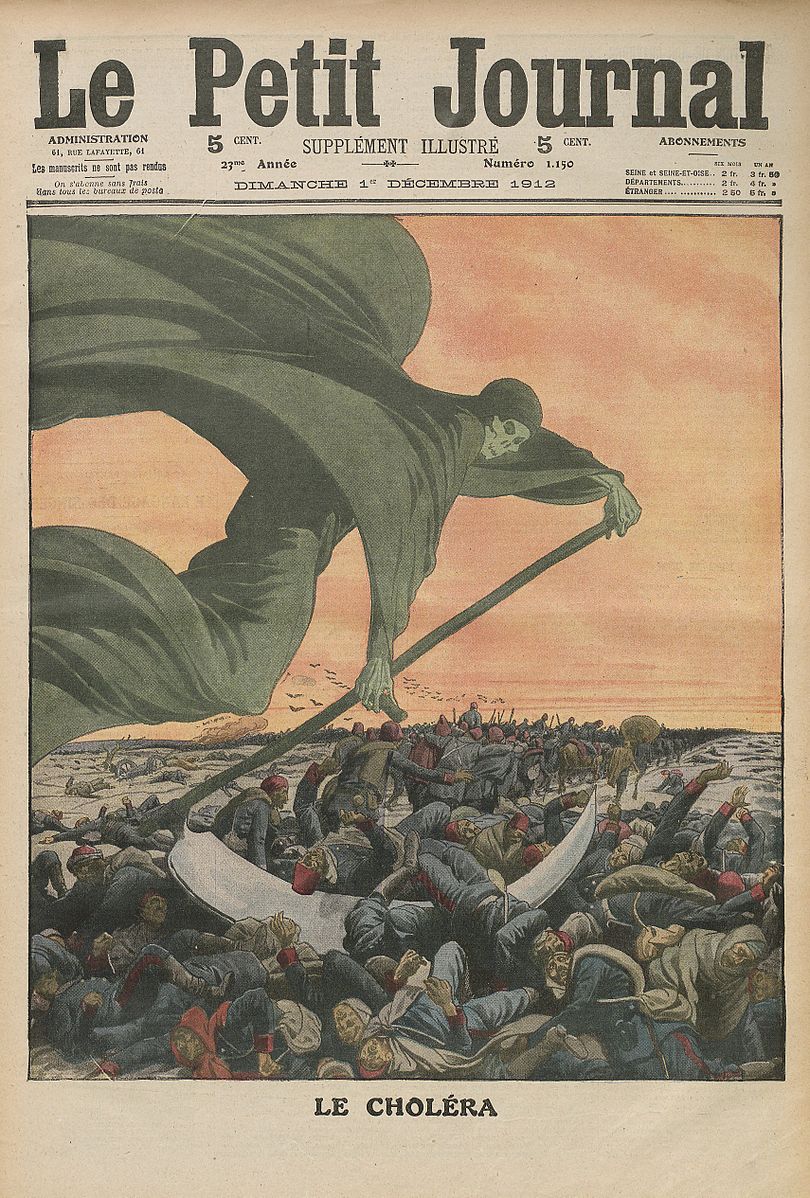Last century saw two very deadly pandemics the #GreatInfluenza of 1918 and #HIV. Is there anything we can learn from these about the future of #COVID19? The obviously parallel is the 1918 pandemic, a respiratory pathogen, though flu and #COVID19 have a lot of differences (1/5)
The #1918Pandemic tells us not to be overconfident after a receding summer wave. Pandemic flu often has a summer wave, followed by a big resurgence in the fall/winter. Is #COVID19 as seasonal as the flu? We don't know, but don't get too comfortable. (2/5) researchgate.net/figure/fig2_56…
...the data from the Southern hemisphere is mixed, and everything is muddled by control and surveillance. But even it is important to remember even if the virus isn't directly climate sensitive, behavior is, and can lead to strong seasonal effects. (3/5)
covid19.who.int/?gclid=CjwKCAj…
covid19.who.int/?gclid=CjwKCAj…
Another message from 1918: epidemiology changes as a virus becomes endemic. E.g., 1918 pandemic was characterized by a W shaped curve in the aged distribution deaths, but it started looking like seasonal flu as it became endemic. (4/5) 

#COVID19 has a very different age distribution...but we hope it also starts to look like endemic coronavirus as time goes on. If infections shift away from older ages, deaths could plummet. But a lot rests unknowns about how immunity works for this virus. (5/5)
• • •
Missing some Tweet in this thread? You can try to
force a refresh





